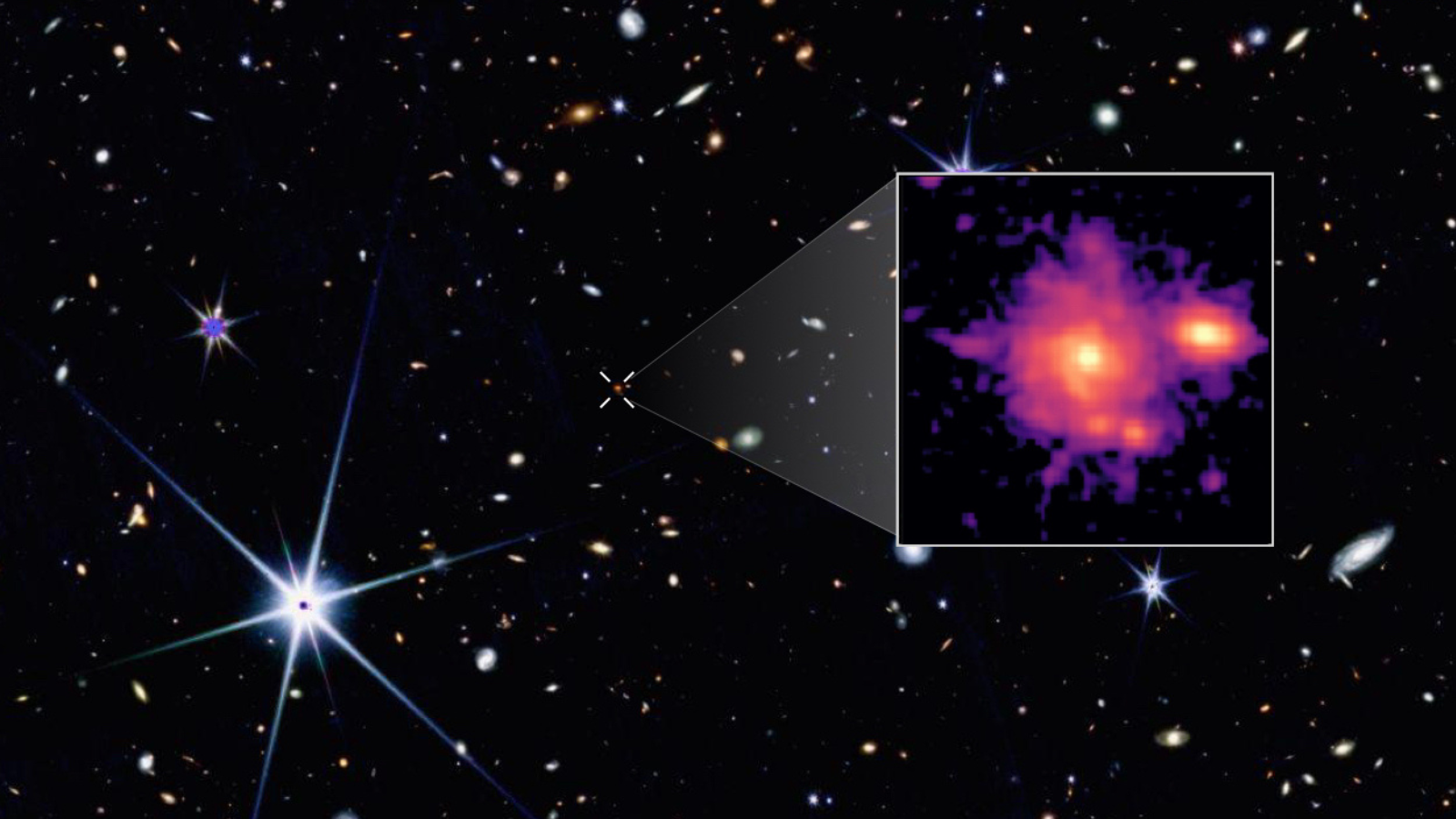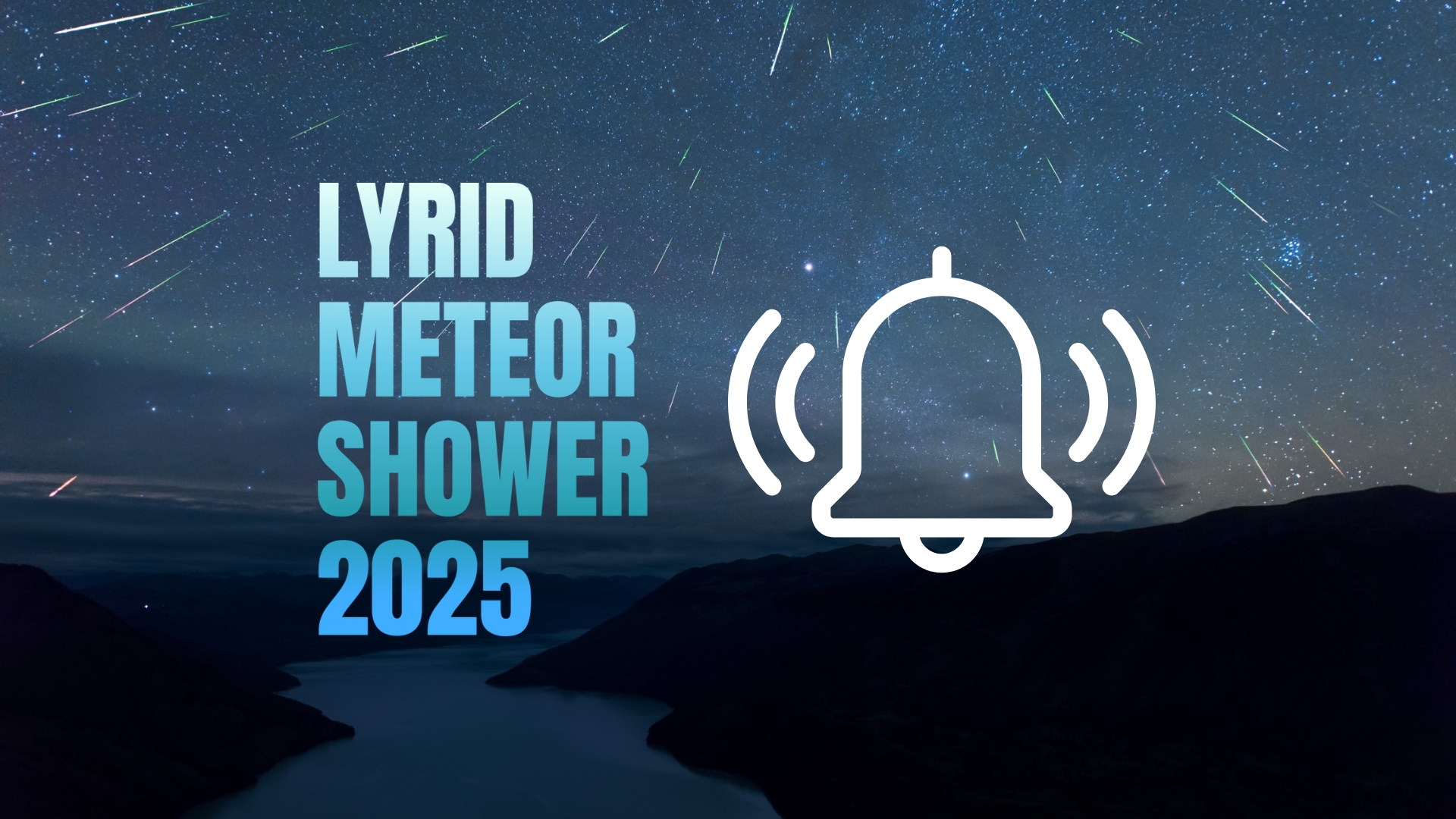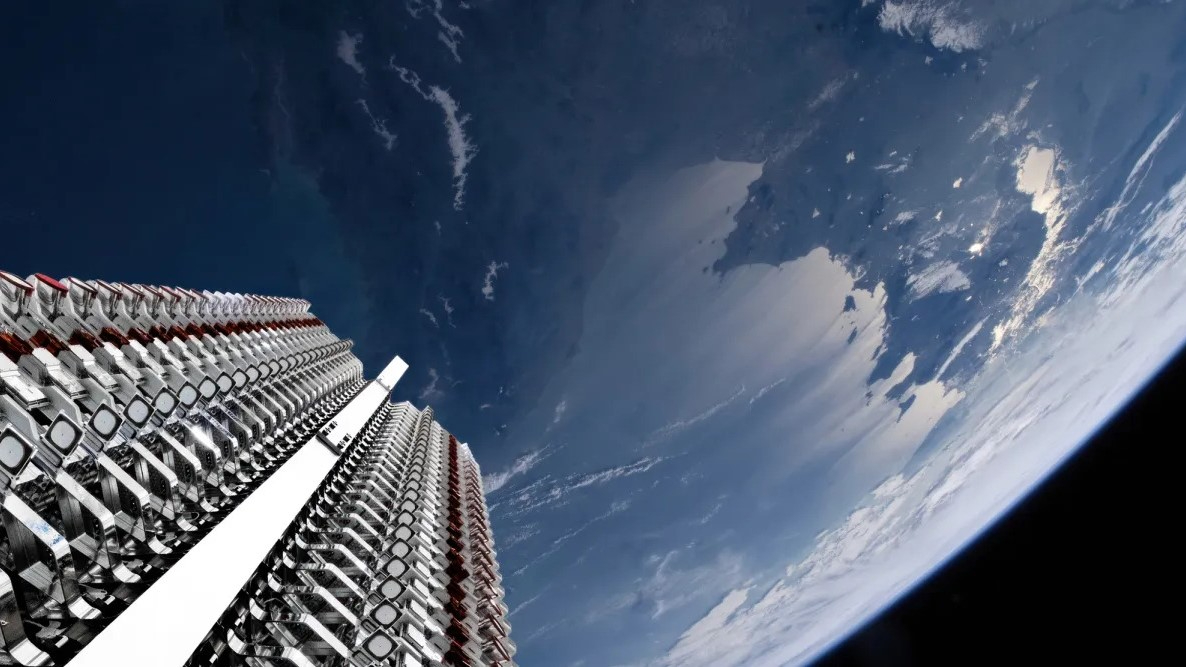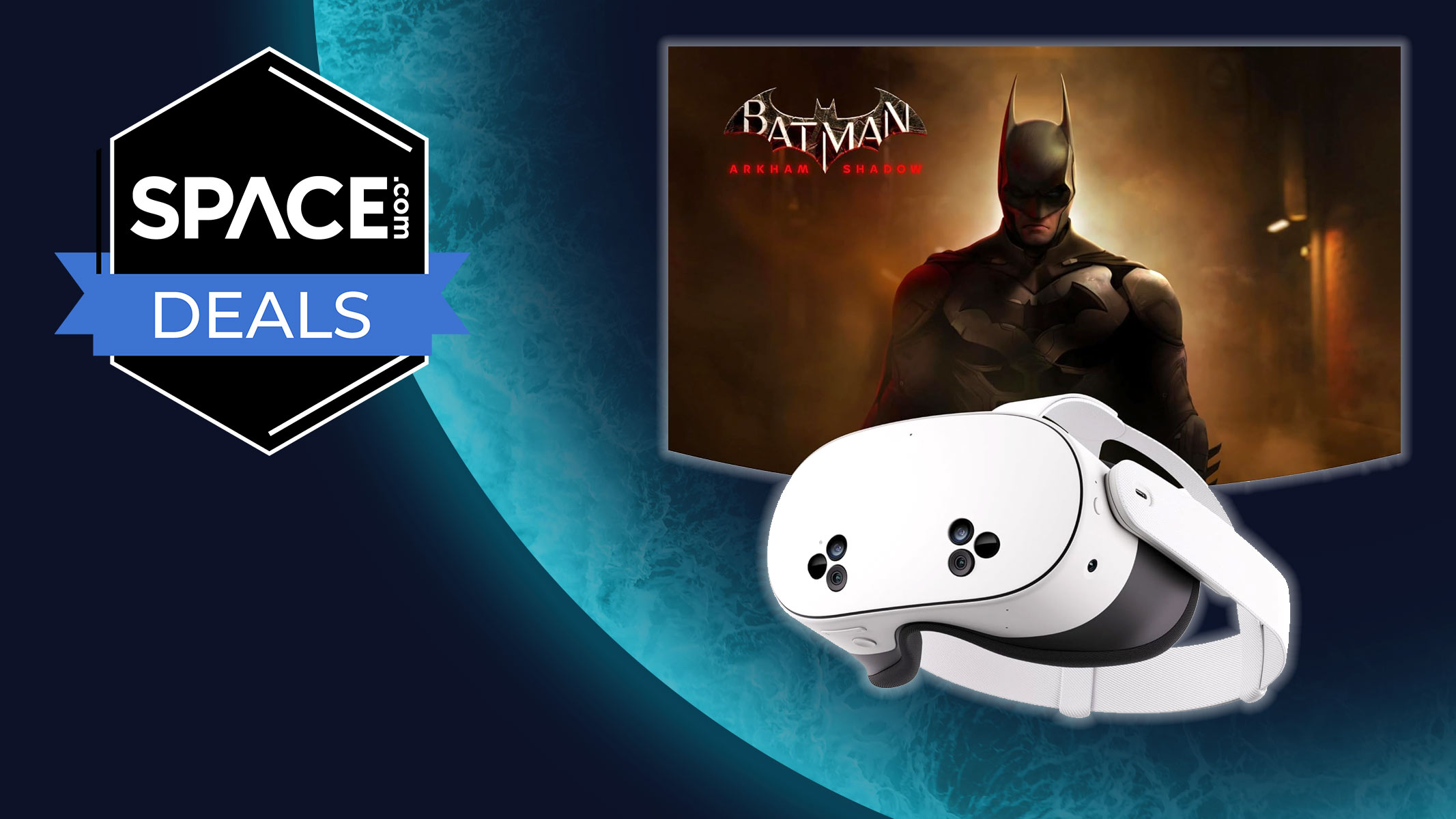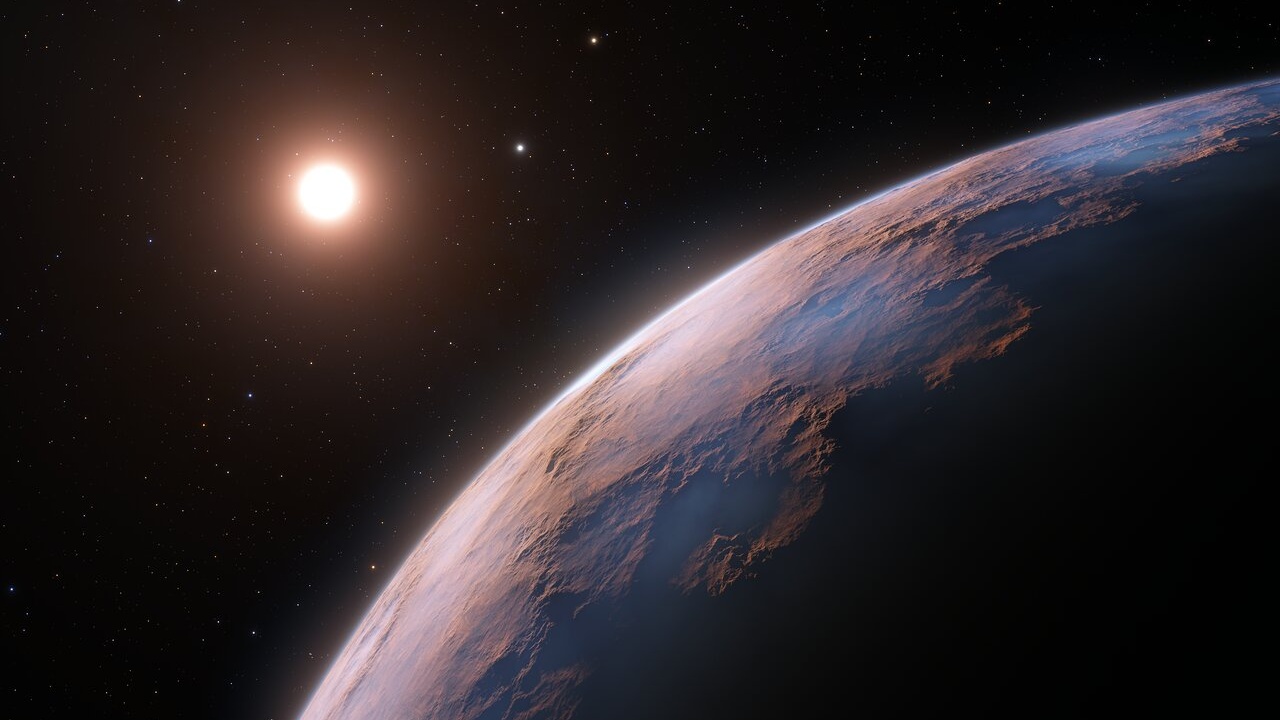CERN pauses future research collaboration with Russia at Ukrainian scientists' request
CERN oversees the Large Hadron Collider particle accelerator.

The European Organization for Nuclear Research (CERN) will not enter new collaborations with Russian scientific institutions following a request of Ukraine's scientists to halt partnerships with Russian science institutions in response to Russia's military invasion of their country.
CERN operates the largest particle physics laboratory in the world including the famous Large Hadron Collider, which discovered the so-called "God particle," the Higgs boson, in 2012.
Founded in 1954, CERN currently has 23 member states and 7 associated member states; Ukraine is one of the latter whereas Russia is not a formal member of the organization.
Related: Russia's Ukraine invasion and space impacts: Live updates
Yet Russian scientists make up about 8% of CERN's staff, some 1,000 out of a total of 12,000 researchers, according to Science. Ukrainian scientists, however, requested that CERN halted cooperation with Russian scientific institutions in response to the invasion that began in late February, a measure that the council took under consideration in a meeting held Tuesday (March 8).
"The 23 Member States of CERN condemn, in the strongest terms, the military invasion of Ukraine by the Russian Federation, and deplore the resulting loss of life and humanitarian impact," CERN's council said in a statement released after the meeting. "Deeply touched by the widespread and tragic consequences of the aggression, the CERN Management and personnel, as well as the scientific community in CERN's Member States, are working to contribute to the humanitarian effort in Ukraine and to help the Ukrainian community at CERN."
In response to the situation, the council has agreed to support Ukrainian collaborators in high-energy physics, to suspend Russia from "Observer" status (the U.S. holds the same membership level) and to not begin new collaborations with Russian institutions.
Get the Space.com Newsletter
Breaking space news, the latest updates on rocket launches, skywatching events and more!
"The situation will continue to be monitored carefully and the Council is ready to take any further measures, as appropriate, at its future meetings," the statement added. "The CERN Council also expresses its support to the many members of CERN's Russian scientific community who reject this invasion."
To date, European and American military forces are not involved in the conflict, fearing that escalation might lead to the use of nuclear weapons. Instead, international opposition to the Russian invasion has focused on economic and political sanctions.
"CERN, as a leading scientific laboratory, should terminate immediately any cooperation with Russian institutions, because otherwise every crime and every injustice made by their government and their armed forces is seen as legitimate," an unnamed scientist based in Ukraine's capital Kyiv, who works on an experiment at CERN, told Science. "We call on democratic society, on scientific society, to stand with us against this tyrant [Russian President Vladimir Putin]."
Kyiv is one of the cities most under siege by the Russian invasion, which began on Feb. 24. More than 400 civilians, including children, have died as a result of Russia's attacks across Ukraine, the United Nations said.
The Large Hadron Collider is expected to begin new observations this spring. The facility has been on hiatus for more than three years, first for upgrades, then due to the COVID-19 pandemic.
Follow Tereza Pultarova on Twitter @TerezaPultarova. Follow us on Twitter @Spacedotcom and on Facebook.
Join our Space Forums to keep talking space on the latest missions, night sky and more! And if you have a news tip, correction or comment, let us know at: community@space.com.

Tereza is a London-based science and technology journalist, aspiring fiction writer and amateur gymnast. Originally from Prague, the Czech Republic, she spent the first seven years of her career working as a reporter, script-writer and presenter for various TV programmes of the Czech Public Service Television. She later took a career break to pursue further education and added a Master's in Science from the International Space University, France, to her Bachelor's in Journalism and Master's in Cultural Anthropology from Prague's Charles University. She worked as a reporter at the Engineering and Technology magazine, freelanced for a range of publications including Live Science, Space.com, Professional Engineering, Via Satellite and Space News and served as a maternity cover science editor at the European Space Agency.





